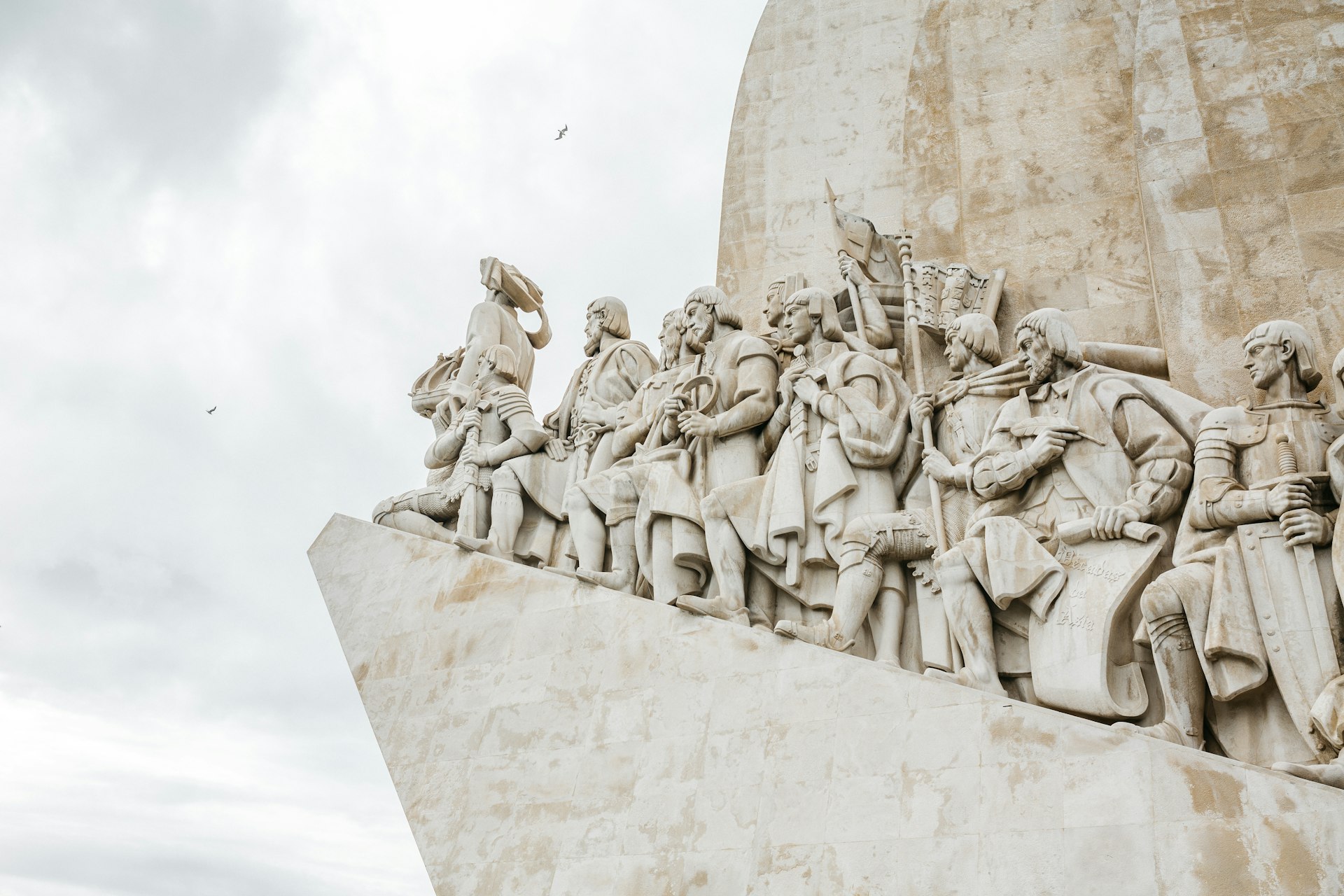Understanding the Evolution and Impact of International Diplomacy: From Ancient Roots to Modern Practice

Photo by Julian Gentile on Unsplash
Introduction
International diplomacy has shaped the political, economic, and social realities of the modern world. Tracing its roots from ancient statecraft to today’s multilateral organizations, diplomacy is the art and practice of managing relationships between nations. This article explores the history of international diplomacy, highlighting key developments, pivotal moments, practical approaches, and how you can engage with current diplomatic resources or study opportunities.
Origins and Early Practice of Diplomacy
The foundations of diplomacy reach back to the earliest civilizations. Ancient Egypt, Mesopotamia, and classical Greece all used envoys and written treaties to manage relations and avoid conflict. Over time, the need for formal negotiation and communication structures led to the establishment of embassies and the recognition of diplomatic privileges and immunities. Even in antiquity, the role of the diplomat was critical for maintaining peace and stability, enabling the exchange of information, and facilitating trade [2] .
Key takeaways for modern readers include recognizing the importance of communication, cultural sensitivity, and negotiation in any context involving diverse interests. Those interested in the origins of diplomatic practices may find reputable academic resources through university libraries or by searching for ‘history of diplomacy’ in scholarly databases.
The Rise of Modern Diplomacy: 19th Century Transformations
The 19th century marked a significant turning point in international diplomacy. Following the Napoleonic Wars, the Congress of Vienna (1814-1815) established new norms for international relations. The great powers-Britain, France, Austria, Prussia, and later Russia-led efforts to create a balance of power, formalizing conferences, protocols, and treaties that would influence global politics for decades [1] , [2] .
For example, the Treaty of London (1839) guaranteed Belgian independence, exemplifying the practice of international guarantees and collective agreements. The period from 1814 to 1919 saw increasing sophistication in diplomatic protocols, the professionalization of diplomatic services, and the gradual inclusion of new powers like the United States, Italy, and Japan [1] .
Individuals seeking to understand or research this era can access digitized treaty collections and historical analyses from national archives or established encyclopedias. Searching terms like ‘Congress of Vienna’ or ’19th-century diplomacy’ is recommended for finding authoritative sources.
20th Century: Wars, Peace, and the Institutionalization of Diplomacy
The 20th century witnessed dramatic changes in international relations. The devastation of the two world wars led to the creation of multilateral institutions like the League of Nations and later the United Nations, aiming to prevent future conflicts and codify international cooperation [3] , [4] .
Diplomacy expanded beyond Europe, with Asian, African, and American states playing increasingly significant roles. The Cold War era saw new diplomatic challenges, such as nuclear arms control and ideological rivalry, which required ongoing negotiation and the development of specialized diplomatic channels.

Photo by James Smith on Unsplash
For those interested in careers or studies related to modern diplomacy, many universities offer programs in international relations, political science, and diplomatic studies. The United Nations and other international bodies often provide internship opportunities; you can explore official websites like careers.un.org for verified information on current openings and application processes.
The Evolution of Diplomatic Practice and Privileges
Diplomatic privileges and immunities, first formalized in early modern Europe, evolved with the increasing complexity of international relations. The 1961 Vienna Convention on Diplomatic Relations remains the cornerstone of modern diplomatic law, setting out the rights and responsibilities of diplomats and missions worldwide [2] .
For practitioners, understanding these legal frameworks is essential. Government agencies such as the U.S. Department of State provide detailed public information on diplomatic law and protocol. Those looking to access official resources or guidance on diplomatic privileges should search for ‘Vienna Convention’ on government or international organization websites.
Academic Discipline: International Relations Comes of Age
The academic study of international relations (IR) began to formalize after World War I, with the founding of the first IR professorship at Aberystwyth, University of Wales, in 1919 [4] . Early IR scholars focused on the causes of war and the prospects for peace, gradually expanding to include economic, legal, and cultural dimensions of global interaction.
Today, IR and diplomacy remain core areas of research and professional practice. Aspiring students can find accredited programs by searching for ‘international relations degrees’ and reviewing official university websites. Many institutions also offer online courses and open-access materials, which can be found via reputable platforms such as Coursera or edX.
Accessing Resources and Opportunities in International Diplomacy
If you are interested in engaging with diplomatic services, research, or education, several pathways are available:
- Study Programs: Many universities worldwide offer undergraduate and graduate programs in international relations or related fields. Review official course catalogs and admissions pages for entry requirements.
- Internships and Fellowships: International organizations like the United Nations, the European Union, and the African Union regularly offer internships for students and recent graduates. Search for official opportunities on their respective career portals.
- Professional Networks: Becoming a member of professional associations such as the International Studies Association (ISA) or the Diplomatic Studies Section of the American Political Science Association can provide access to conferences, research, and mentorship.
- Public Sector Careers: National foreign ministries and diplomatic services recruit through competitive exams and public postings. For example, the U.S. Department of State runs the Foreign Service Officer Test-visit the official government website for details.
When seeking such opportunities, always verify the legitimacy of any organization or program. Use official government or recognized academic sources, and avoid providing personal information to unverifiable platforms.
Challenges and Future Directions
Modern diplomacy faces evolving challenges, including technological change, global health crises, climate change, and shifting geopolitical dynamics. Diplomats must adapt to new tools and methods, such as digital diplomacy and public engagement through social media. Continuous education and professional development are critical for success in this field.
Alternative approaches, such as citizen diplomacy and non-state actors’ involvement, are increasingly significant. NGOs, multinational corporations, and grassroots initiatives play roles in international problem-solving. Exploring these avenues may require networking through established professional groups or academic research centers.
Key Takeaways and Next Steps
International diplomacy has a rich and complex history, but remains vital for maintaining global order and addressing shared challenges. Whether you are a student, professional, or simply interested in global affairs, numerous reputable resources exist to support your learning and engagement. Begin by identifying your area of interest, seeking accredited programs or verified organizations, and pursuing ongoing education to keep pace with the changing landscape of diplomacy.
References
- [1] Wikipedia (2023). International relations (1814-1919): Overview of diplomacy and global relations after the Napoleonic Wars.
- [2] DiploFoundation (n.d.). History and the evolution of diplomacy: Diplomatic privileges, immunities, and modern practice.
- [3] Encyclopedia Britannica (2023). 20th-century international relations: Global developments and institutionalization.
- [4] Timetoast (n.d.). Timeline: History of the discipline of International Relations: Academic discipline and evolution.
- [5] Wikipedia (2023). Diplomatic history: The evolution and historiography of international diplomacy.



